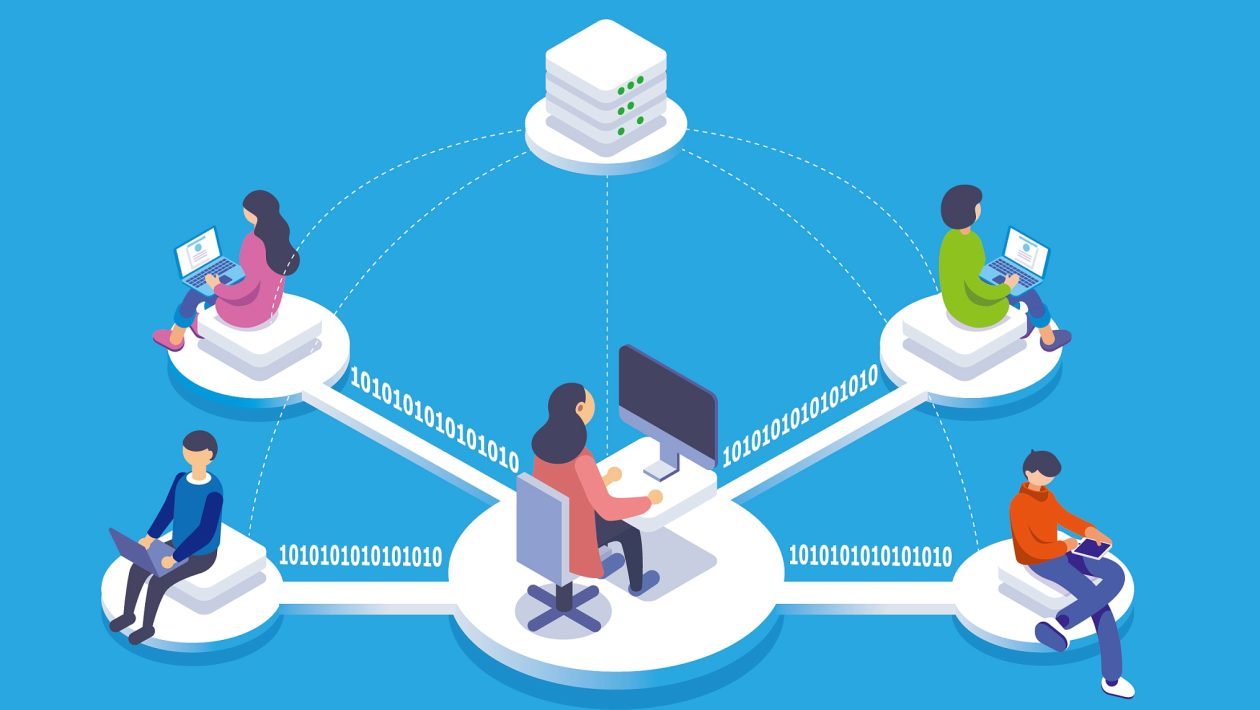Table of Contents
The Rise of Remote Work: An Overview
Companies’ approach to work has changed. Remote work became a popular work model, especially after the Covid-19 Pandemic. Although several companies adopted remote work for their employees in the past, the Pandemic forced many others. On the other hand, the world has been changing. Organizations want to hire employees from all over the world. They are looking for talented employees that can meet the different requirements of modern corporations. Thanks to remote work options, employees can work in any company regardless of location.
Another reason for the rise of remote work is economic. Companies can save office expenses when their staff work at home. They invest money in core business and develop their business quality. Finally, the researches indicate that remote work increases productivity. Employees feel more productive and happy when they work from home. They do not spend time on transportation and spend more time with their family.
Understanding the New Security Challenges
Remote work brings new cybersecurity issues. Although security is always a must for companies, remote work requires further protection. Employees are the biggest risk for companies. Human is considered the weakest link to a company’s security. They should be aware of the cyber risks. Managers and IT teams should provide regular training and sessions about cyber threats and how to avoid them.
Other challenges are rooted due to the nature of remote work. Remote workers are more prone to ransomware, malware, and phishing attacks. For instance, phishing attacks are common in remote work. They come via e-mail. Cybercriminals create real-looking e-mails that contain ransomware or malware. When employees click these malicious links, they put company data at risk. They reach company resources remotely by using cloud environments. Remote access and cloud environments also increase the risk of cyber attacks.
On the other hand, the correlation between ransomware and remote work is intense. Experts indicate that remote work increases identity weaknesses. Remote workers access company resources via their credentials. However, it is common for criminals to hack user identities and obtain access to data resources. The company’s identity security systems must be robust. The system must be sure that only authenticated people can access vulnerable company resources. Unauthorized access lead to ransomware and data breaches in conclusion. To avoid all these risks, companies should adopt developed and brand-new security solutions such as multi-factor authentication, and Identity and Access Management (IAM). These tools are compatible with remote work and very good at access control.
Best Practices to Secure Remote Work Environments
Cyber threats have been evolving, so the solutions are. Today’s organizations utilize different protection methods: tools, practices, and systems. One of them is an inclusive security solution called Zero Trust security. Zero Trust is not a one-time solution or a cybersecurity tool. It is a concept, and you can benefit from Zero Trust security for your company to protect your data resources, apps, and networks.
The motto of Zero Trust is “Never trust, always verify.” As the name and the motto refers, it is all about all-time verification and no forward trust.
VPN: A Must-Have for Remote Teams
Virtual Private Network (VPN) is a perfect tool for securing remote access to company resources. VPN encrypts online data traffic via a secure tunnel. This virtual tunnel which VPN created can encrypt sensitive data and secure connections between remote employees and the company resources.
Remote employees can run their daily operations by using remote access methods. However, these methods can risk company data and cause data breaches. (Check the official website of the UK for more information about data protection in businesses.)
Remote access is always risky and more prone to cyberattacks. Thanks to VPN solutions, companies can protect their remote employees from falling victim to cyber threats and data breaches. Moreover, they can guarantee data confidentiality due to encryption. Even if hackers obtain company data, they can not misuse it since it is encrypted.
Employee Training: A Vital Element in Remote Security
Remote employees should be more trained about cyber risks compared to office workers. Remote workers are on their own and have no office facilities. IT teams can not control them all the time. On the other hand, remote work tools are more prone to cyber threats. For instance, cloud environments that remote workers always use are very susceptible to data breaches, malware, and ransomware attacks.
Regular employee training can solve this problem since awareness has crucial importance in cybersecurity. As a company manager or an IT specialist, your team should know the most common cyber risks, the consequences of any attacks, and how to avoid them. Companies can make incentives to increase employee conformity to cybersecurity precautions.
Dealing with BYOD (Bring Your Own Device) in Remote Work
Several companies imply Bring Your Own Device for their remote work and relieve of the responsibility of device providing. BYOD implementation means employees use their own devices to do company business. However, it poses a risk in many ways. First of all, employees can use these devices both for their company, and personal work. It is very likely for these employees to cause data leakage. On the other hand, employees can neglect updates and make their devices more vulnerable to cyber threats. Corporations can deal with these problems through employee training and device control. IT teams should monitor and audit remote employees’ devices. They should warn employees and impose sanctions if they neglect security requirements.
Case Studies: Companies Excelling in Remote Work Security
Some companies in the world excel in remote work security. Microsoft, a well-known IT company is one of the successful companies that securely pursue remote work. Almost 50% of the employees of Microsoft experience the remote work model. The Company implements several methods to keep the remote work environment safe.
Another company is from the healthcare industry, Johnson & Johnson. This company hires both remote employees and remote interns. The cybersecurity level in Microsoft and Johnson & Johnson is stunning compared to other companies. Medium-sized and small-sized companies can observe these companies and their methods to increase their security level.
Predictions: The Future of Remote Work and Security
More and more companies are switching their work systems to remote work. They hire remote employees from all over the world. Workplaces are changing, and everyone is affected by these changes. Organizations must admit that remote work does not go anywhere, so its risks too. The future is unpredictable. However, it is clear that remote work has so many benefits that make it impossible for companies to give up.
Modern organizations must give weight to remote work security solutions. Moreover, they must plan their future security regarding remote work threats and solutions. There is no way for today’s organizations to stay alive in this full of threatful environment if they neglect remote work security. Start to imply remote work security solutions in your organization and prepare your place in the safe future.





